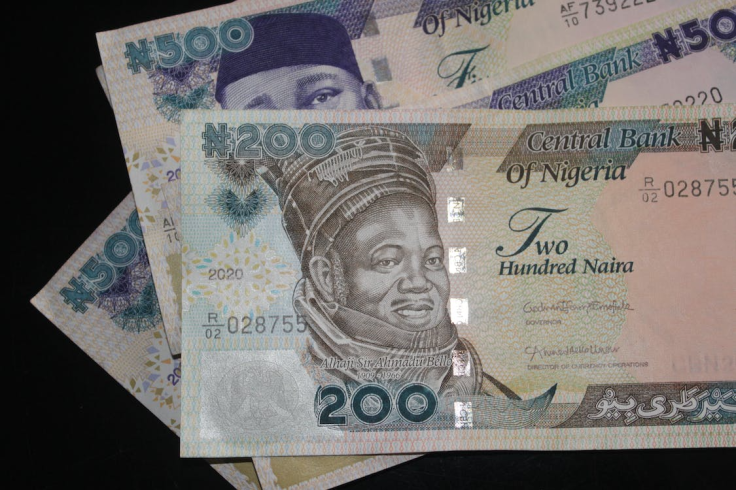Nigeria's Inflation Rate Eases To 32.15% In August, Down From July's 33.40%

The National Bureau of Statistics (NBS) on Monday announced that Nigeria's inflation rate decreased to 32.15% in August from 33.40% in July.
Inflation indicators track how prices change over a year, revealing that a decrease in the inflation rate doesn't mean prices were falling but rather that the rate at which prices were increasing has slowed down compared to previous months.
The NBS reported that the inflation rate for August was 1.25 percentage points lower than in July. However, compared to August 2023, the inflation rate was 6.35 percentage points higher, up from 25.80% a year ago.
Africa economist at Capital Economics David Omojomolo said in a research note, "On the whole, disinflation should continue with the headline rate falling below 30% by year-end, but upside risks remain," Reuters reported.
The NBS reported that food inflation was 37.52% in August, down from 39.53% in July. However, food inflation was 8.18 percentage points higher compared to August 2023, when it was 29.34%.
The bureau also noted that the monthly inflation rate for August 2024 was 2.22%. This meant that the rate at which prices increased in August was lower than the rate in July.
Food prices in Nigeria have been rising quickly in recent years. The situation worsened in 2023 after President Bola Tinubu removed petrol subsidies, which caused a sharp increase in the cost of staple foods, pushing many Nigerians deeper into poverty and increasing food insecurity.
Last month, Tinubu urged the demonstrators to end the "bloodshed," and "create room for dialogue," as Nigeria's planned protests against economic hardship and bad governance entered its fifth day.
Tinubu also expressed deep sorrow over the loss of lives in Borno, Jigawa, Kano, Kaduna, and other states, as well as the damage to public facilities and the looting of shops. He noted that the protests, which were supposed to be peaceful, led to huge setbacks, as resources will now be needed to repair the damage.
The president said he made the tough, but necessary, decision to remove fuel subsidies and eliminate multiple foreign exchange systems. These changes were needed to remove obstacles that were holding back Nigeria's economic development and progress.
© Copyright 2025 IBTimes NG. All rights reserved.






















